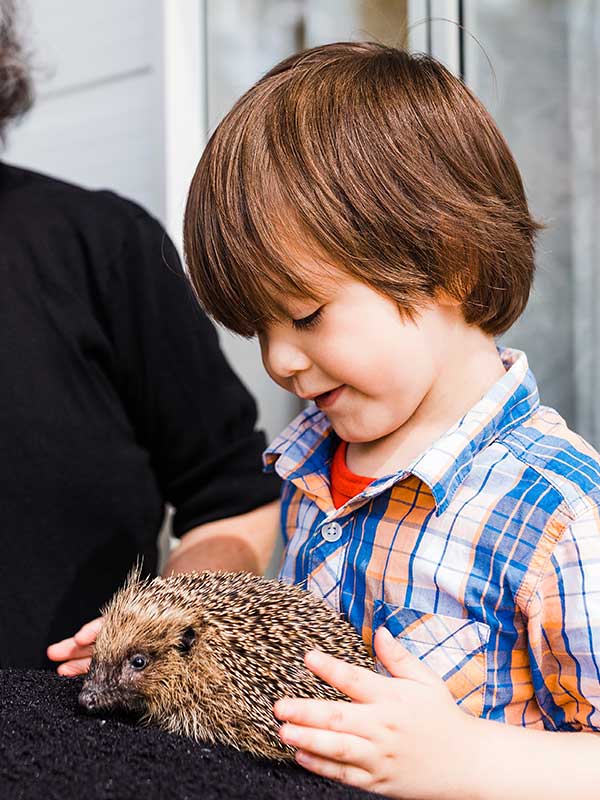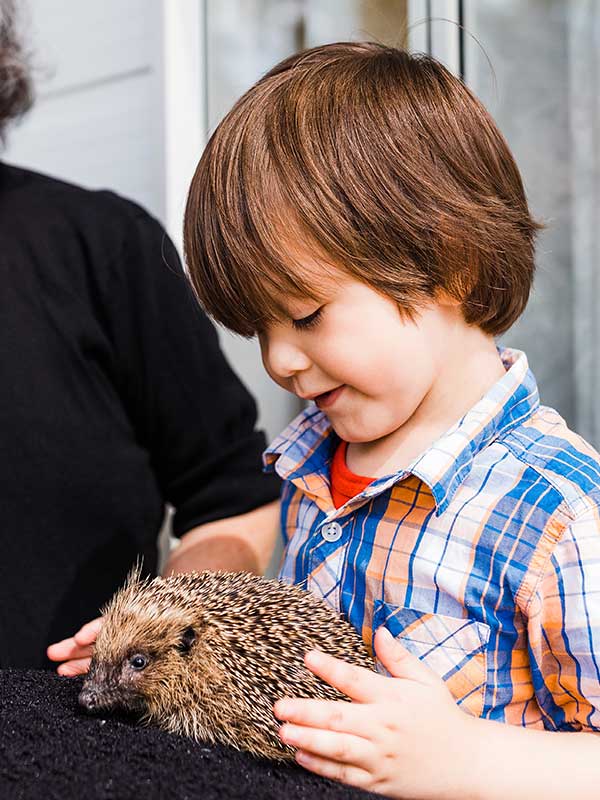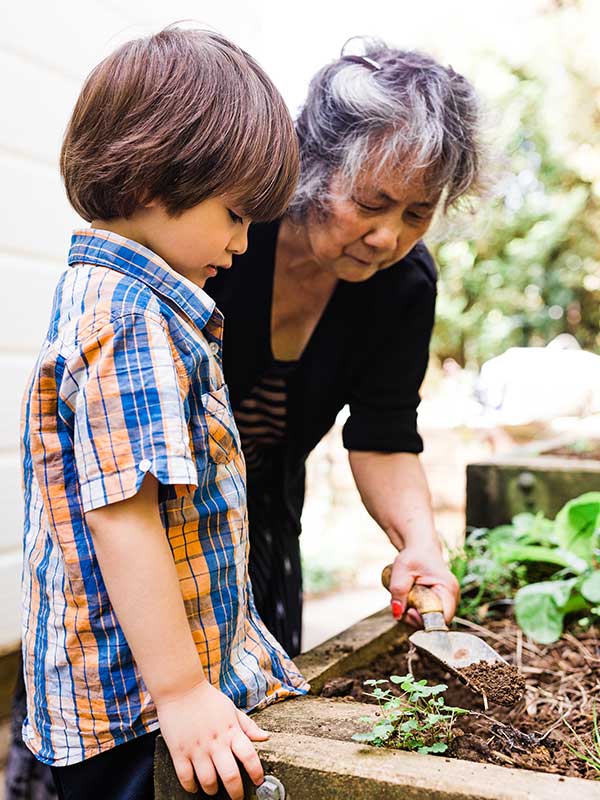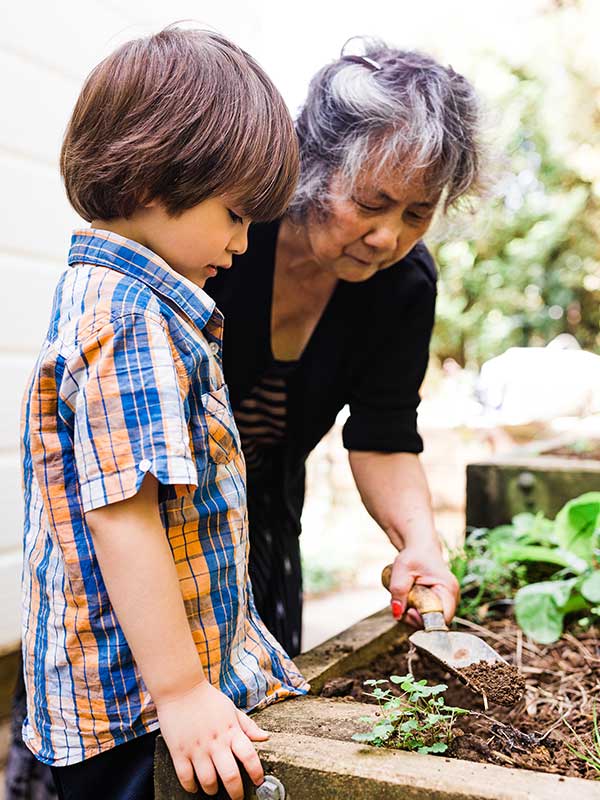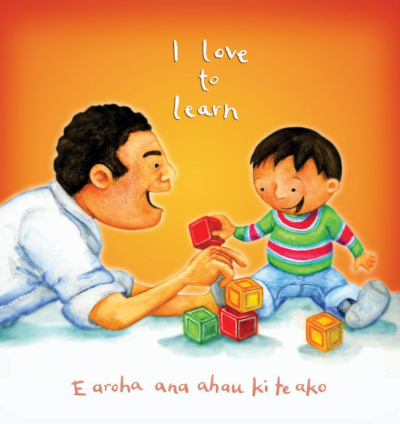
Caring for living things
Tamaiti should appreciate that pets and plants are living things and need to be looked after. This can teach tamaiti about the world and the place of living things in it.
Pets need kindness and care
You will know if there are pets in the whānau and how the tamaiti relates to them.
Is the pet treated like a member of the whānau?
Find out if te tamaiti has any tasks in caring for the pet. If not, make some suggestions of simple things they could do to help. Perhaps they can fill the outside water bowl, or make sure the dog has its blanket, or let the cat out when it meows at the door.
Pātai atu ki te whānau:
- What sort of relationship do whānau members have with the pet?
- What sort of relationship does the tamaiti have with the pet?
- How do they behave with the pet?
- Is there any behaviour you’d like to change?
Children learn such a lot from living with a pet. They can think about what life is like from the pet’s point of view, how it responds to a friendly voice and kind behaviour and the opposite. Have they ever witnessed unkindness to an animal? What’s that like?
Insects are living things
Whether there is a pet at home or not, there are other ways of learning to care about living things too. Sometimes tamariki like to collect insects, worms, butterflies and snails. But what happens to them?
Tamariki can learn to treat all living things with kindness. They can learn that if they put a worm in a jar, it has needs in order to survive. Help the tamaiti learn that if they put the lid on the jar and leave it sitting in the sun with no earth or air, the creature will die. Instead, they can learn about how to look after it to help it survive.
Plants are living things
Looking after plants can also help a child learn to look after living things. Plants need sunshine, soil and regular water. You can talk to the whānau about their interest in gardening and suggest that their tamaiti might enjoy growing things.
Seeds can be nurtured in pots or in the ground. There’s lots of learning here for kids, including the science of plants, how they grow and how we can look after them.
This article from the English newspaper The Telegraph is interesting and might be a prompt for some conversations with and within whānau about valuing all living things.
Children taught not to stamp on insects and to respect worms | The Telegraph(external link)
This is a quote from the article:
… children can learn good citizenship skills by learning about the welfare of insects because “other living things have needs and they have responsibilities to meet them”.
Helpful resources for whānau
-
Grow seedlings in an egg carton
PBS Parents
Growing seedlings in an egg carton is a great way to teach your child about plants. A craft activity from PBS Parents.
-
Sesame Street: Mark Ruffalo: Empathy<
Sesame Street: Mark Ruffalo: Empathy -
The Lion and the Mouse - kindergarten moral story for kids in English<
The Lion and the Mouse - kindergarten moral story for kids in EnglishA story from the famous collection of Aesop's fables, it shows how a grateful mouse repays a favour made to it by a huge lion.
